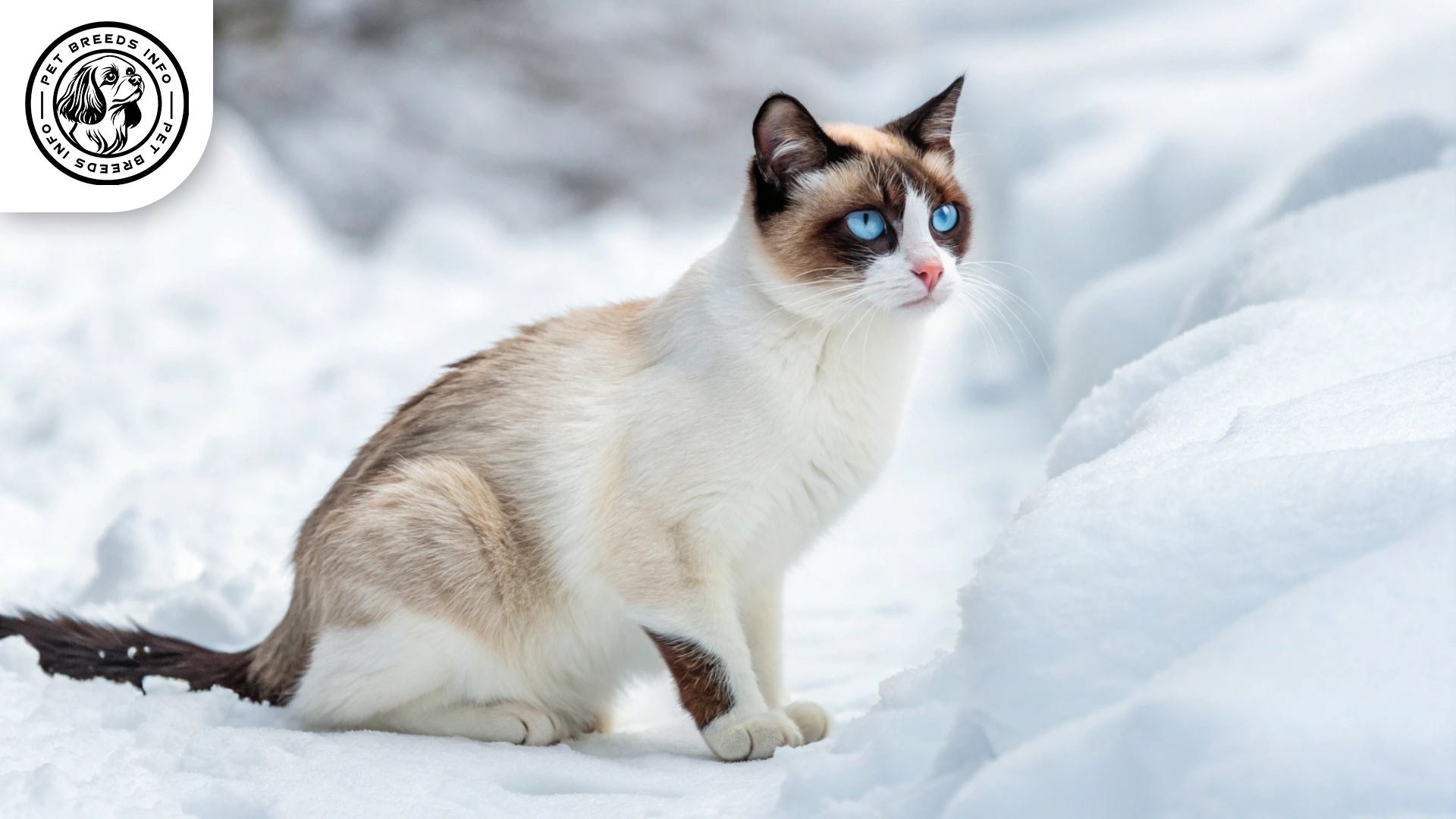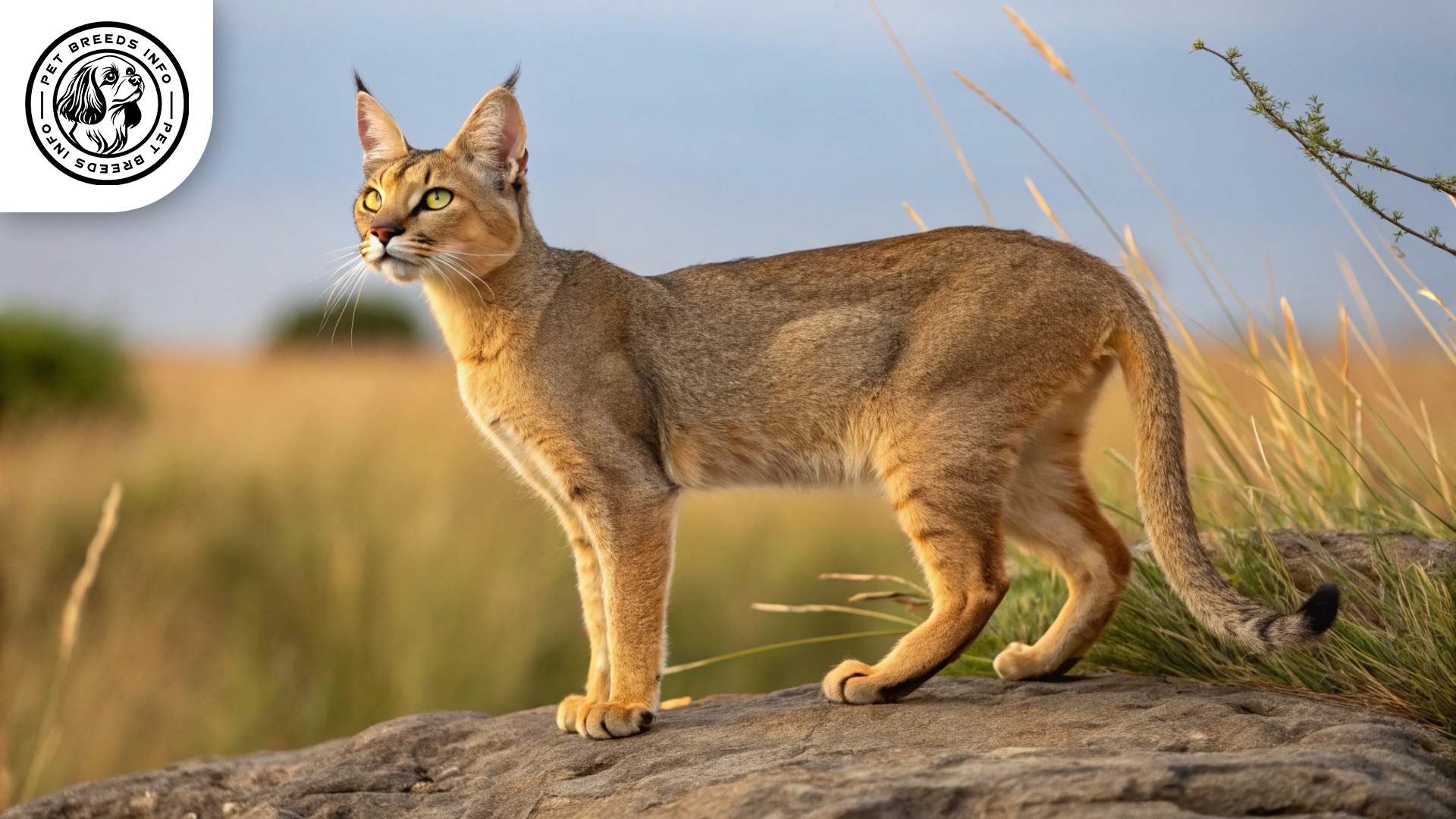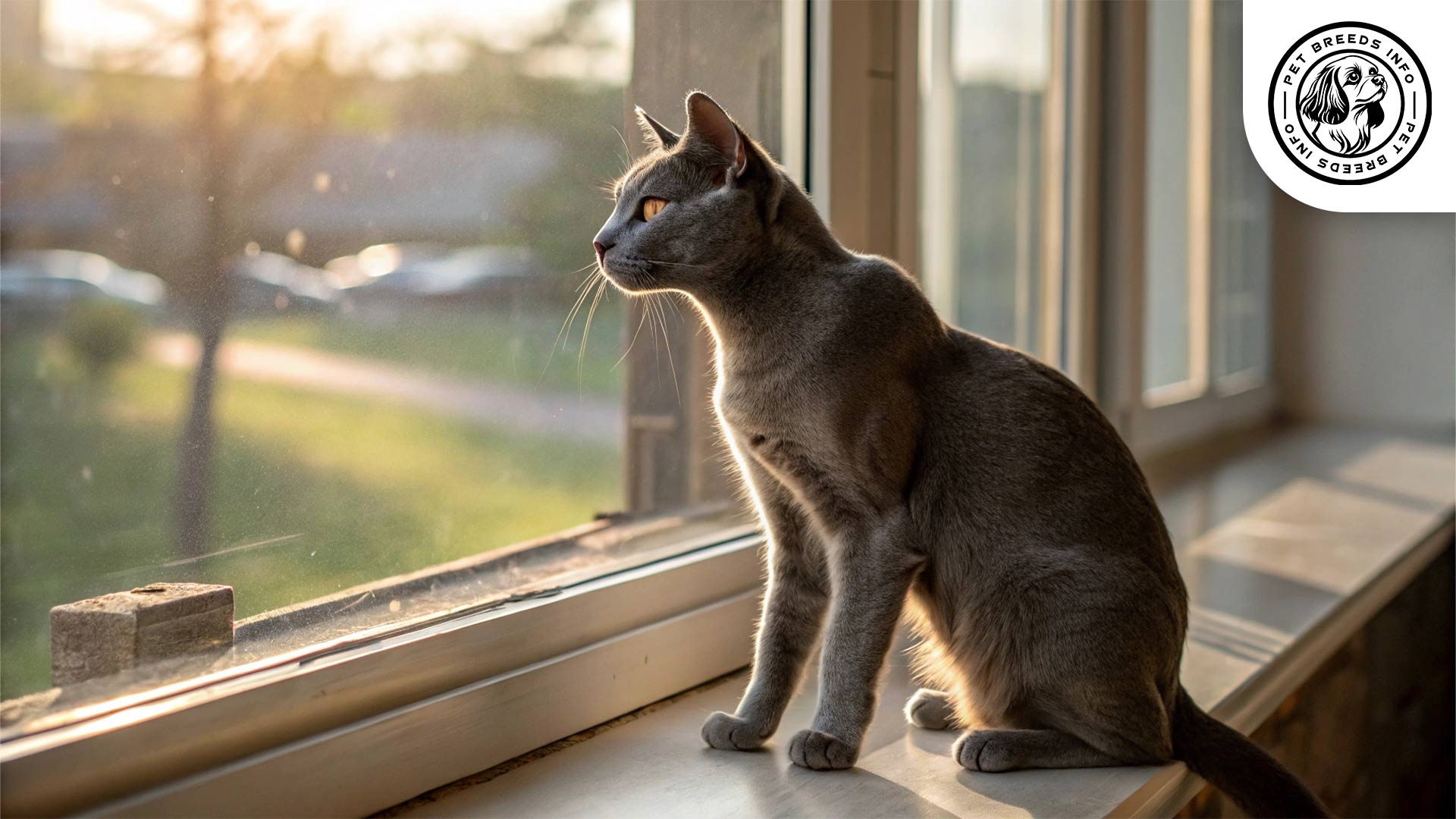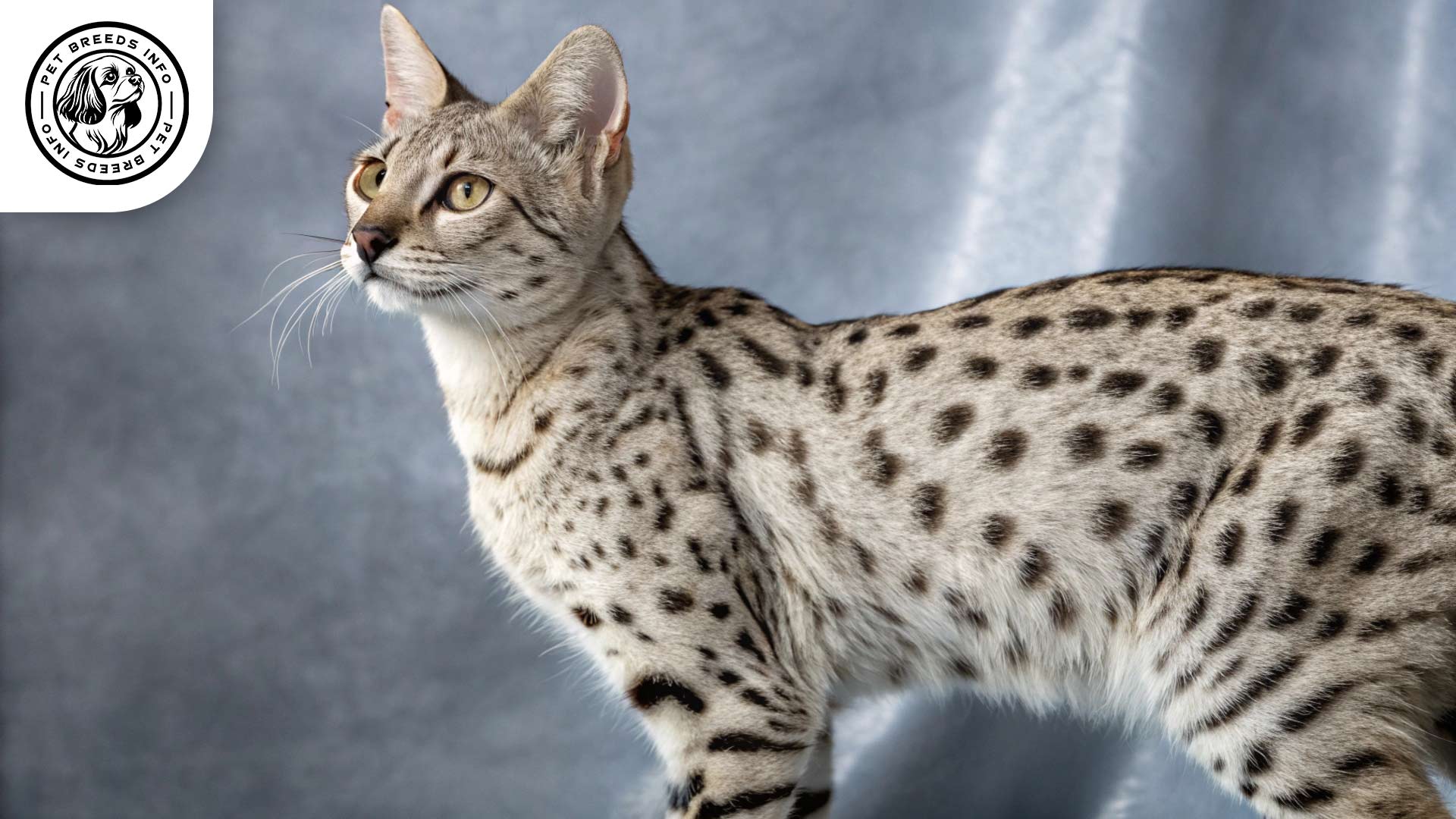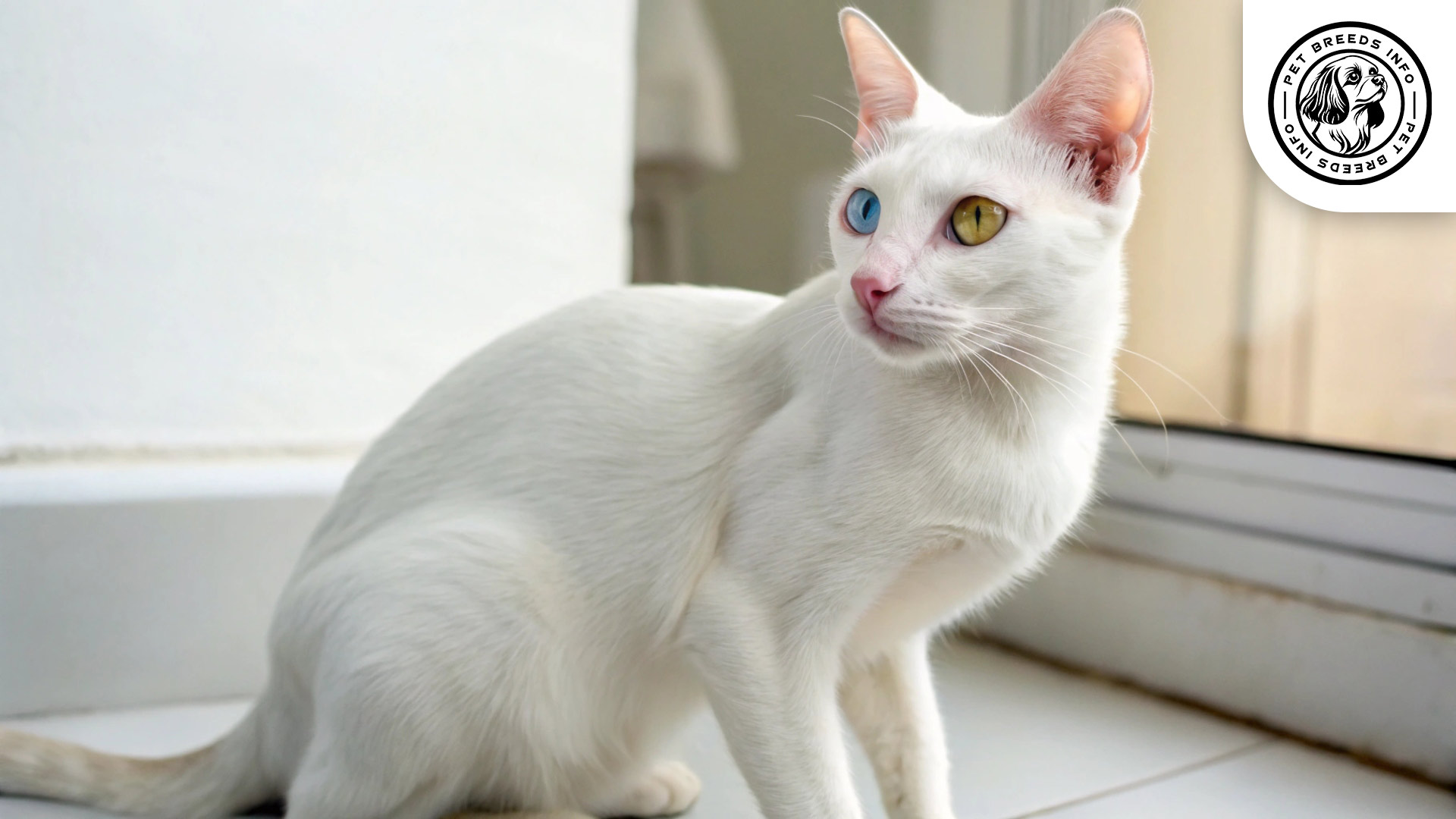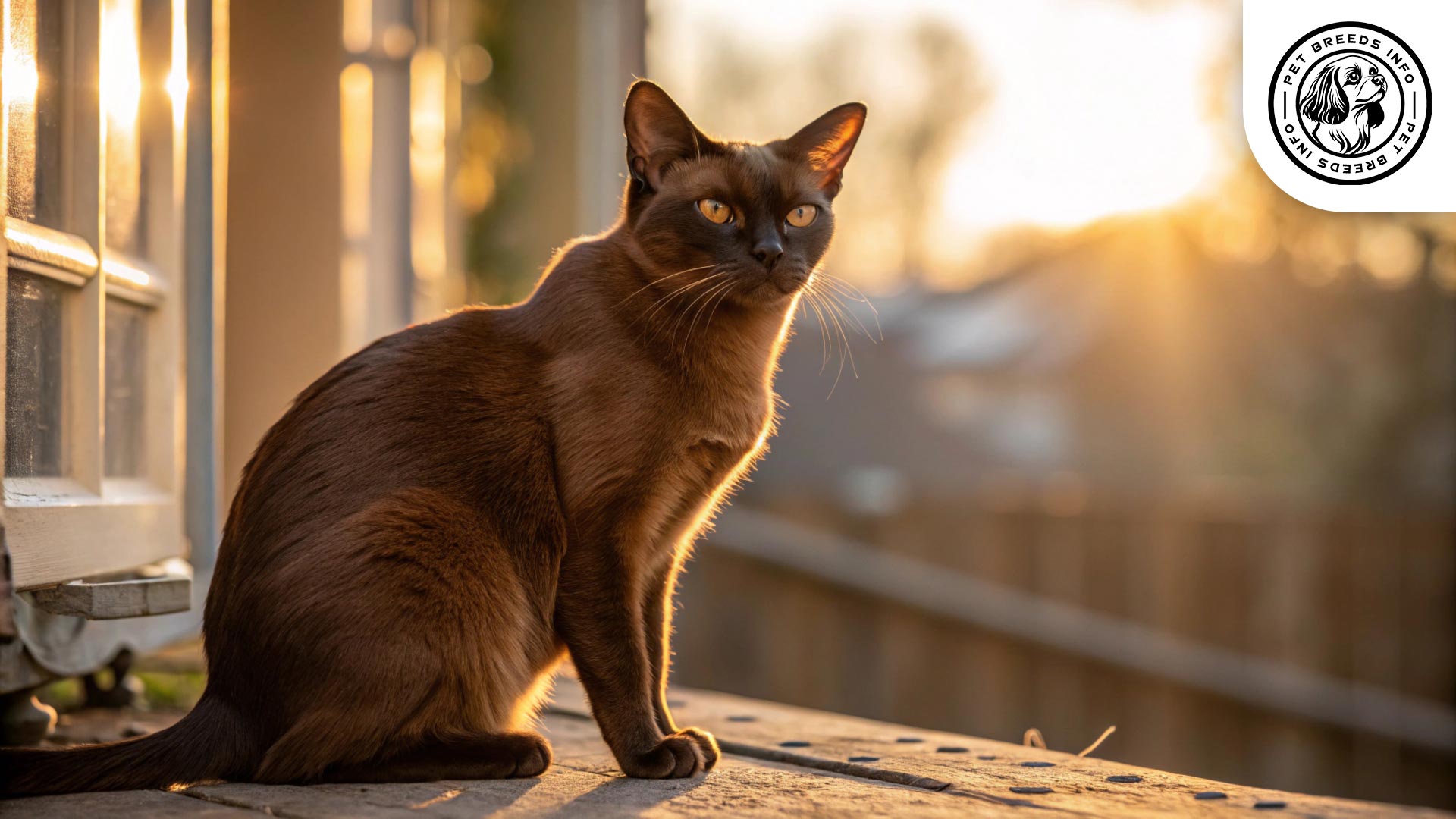Snowshoe Cat Breed: Size, Health, Price & Personality
General Introduction of the Breed
The Snowshoe cat, also known simply as “Snowshoe,” is a rare and distinctive feline breed known for its striking white-marked paws and affectionate personality. This breed originated in the United States during the 1960s through the selective breeding of Siamese cats and American Shorthairs.
The breed was initially developed by a Siamese breeder named Dorothy Hinds-Daugherty, who sought to create a cat with a unique color pattern while maintaining the Siamese personality traits. Over time, the Snowshoe gained recognition for its charming looks and friendly nature.
The Snowshoe cat is a playful, affectionate, and intelligent breed, known for its social nature, striking looks, and love for human companionship.Quick Overview
Affectionate - 95%
Independent - 50%
Intelligent - 90%
Sociable - 90%
Vocal - 85%
Shedding - 40%
Energetic - 80%
76%
100
| Weight | Males: 9-12 lbs (4-5.5 kg), Females: 7-10 lbs (3-4.5 kg) |
| Lifespan | 12-15 years |
| Color | Point colors (seal, blue, lilac, chocolate) with white markings on paws, chest, and face. |
| Diet | High-quality dry or wet cat food, protein-rich, portion control to prevent obesity, avoid harmful foods like chocolate, onions, garlic, and dairy |
| Care | Regular playtime, weekly brushing, nail trimming, ear cleaning, occasional bath, dental care, moderate temperatures |
| Health | Generally healthy, potential genetic conditions (dental issues, heart disease, respiratory problems), prone to obesity, routine vaccinations and vet checkups |
| Nature | Intelligent, playful, affectionate, people-oriented, social, good with children and other pets, sensitive to changes, moderate to high energy |
| Price | $600 – $1,200 from reputable breeders, adoption from shelters also an option |
Table of Contents
Physical Characteristics
Snowshoe cats are medium-sized, with males typically weighing between 9-12 pounds (4-5.5 kg) and females ranging from 7-10 pounds (3-4.5 kg). Their bodies are well-balanced and muscular.
The Snowshoe has a short, smooth coat that is easy to maintain. They come in various point colors such as seal, blue, lilac, and chocolate, with characteristic white markings on their paws, chest, and face.
One of the most striking features of the Snowshoe is its captivating blue eyes, which are almond-shaped. Their ears are medium-sized and slightly rounded at the tips, while their tails are of medium length with a slight taper.
Distinctive traits of the Snowshoe include its unique markings, white “boots” on the paws, and an inverted white “V” on the face.
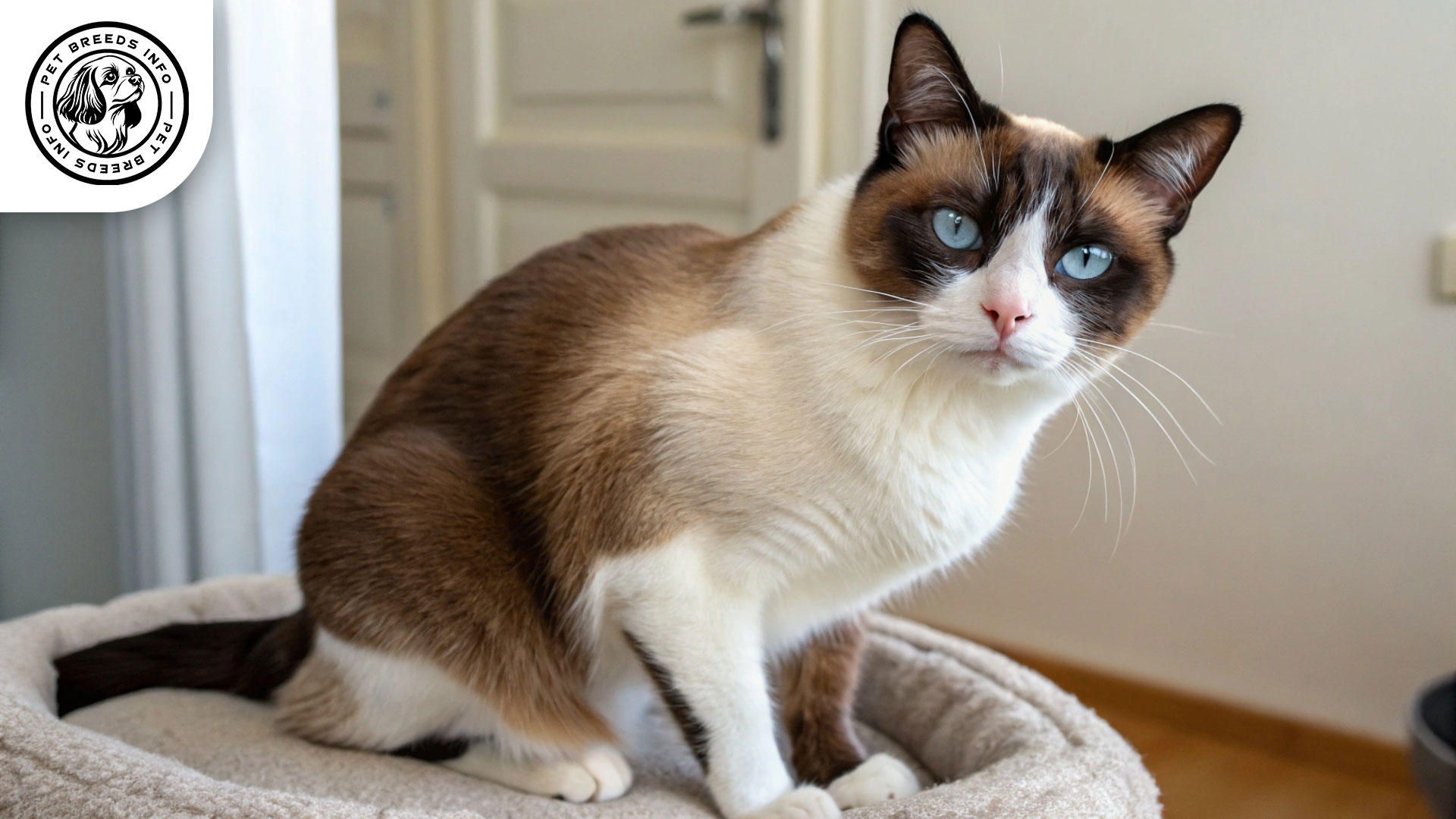
Personality and Temperament
Snowshoes are highly intelligent and quick learners. They enjoy interactive activities such as puzzle toys and training exercises.
This breed has a moderate to high energy level and loves to play. They thrive in environments where they receive daily stimulation and engagement.
Snowshoes form strong bonds with their owners and are known for their affectionate and people-oriented nature. They may follow their favorite humans around the house.
Social and friendly, Snowshoe cats generally get along well with children and other pets. They enjoy companionship and dislike being left alone for long periods.
They retain some hunting instincts, making them playful and curious. However, they are not overly aggressive.
Snowshoes can be sensitive to sudden changes in their environment, including new people, pets, or routine disruptions.
Raed More: Scottish Fold Cat
Care and Maintenance Requirements
The Snowshoe cat thrives with regular playtime and moderate exercise to stay happy and healthy. They’re great for apartment living, as long as you provide enough mental and physical stimulation to keep their curious minds engaged. Their short coats are low-maintenance, needing just a weekly brushing to manage moderate shedding. Snowshoes prefer moderate temperatures and may not do well in extreme heat or cold. Keep up with basic hygiene like nail trimming, ear cleaning, and the occasional bath. Regular dental care is a must to prevent oral health issues, ensuring your Snowshoe stays vibrant and cuddly for years.
Diet and Nutrition
The Snowshoe cat does best on a high-quality diet of protein-rich dry or wet cat food to keep their active bodies in top shape. Some owners choose raw or natural diets, but only with veterinary guidance to ensure balance. While Snowshoes have no specific dietary restrictions, avoid excessive carbs and low-quality fillers to maintain their health. Steer clear of toxic foods like chocolate, onions, garlic, and dairy, which can harm cats. Portion control is key to prevent obesity, with two balanced meals daily being ideal to keep your Snowshoe energetic and healthy.
Health and Common Medical Issues
The Snowshoe cat is typically a healthy breed, but they can inherit some genetic conditions like dental issues, heart disease, or respiratory problems, so regular checkups are key. They’re prone to obesity, which can cause serious health complications if not kept in check with proper diet and exercise. With good care, Snowshoes enjoy a lifespan of 12 to 15 years, full of energy and charm. To keep them thriving, stick to routine vaccinations, flea prevention, and annual vet checkups to catch any issues early and ensure your Snowshoe stays happy and healthy.
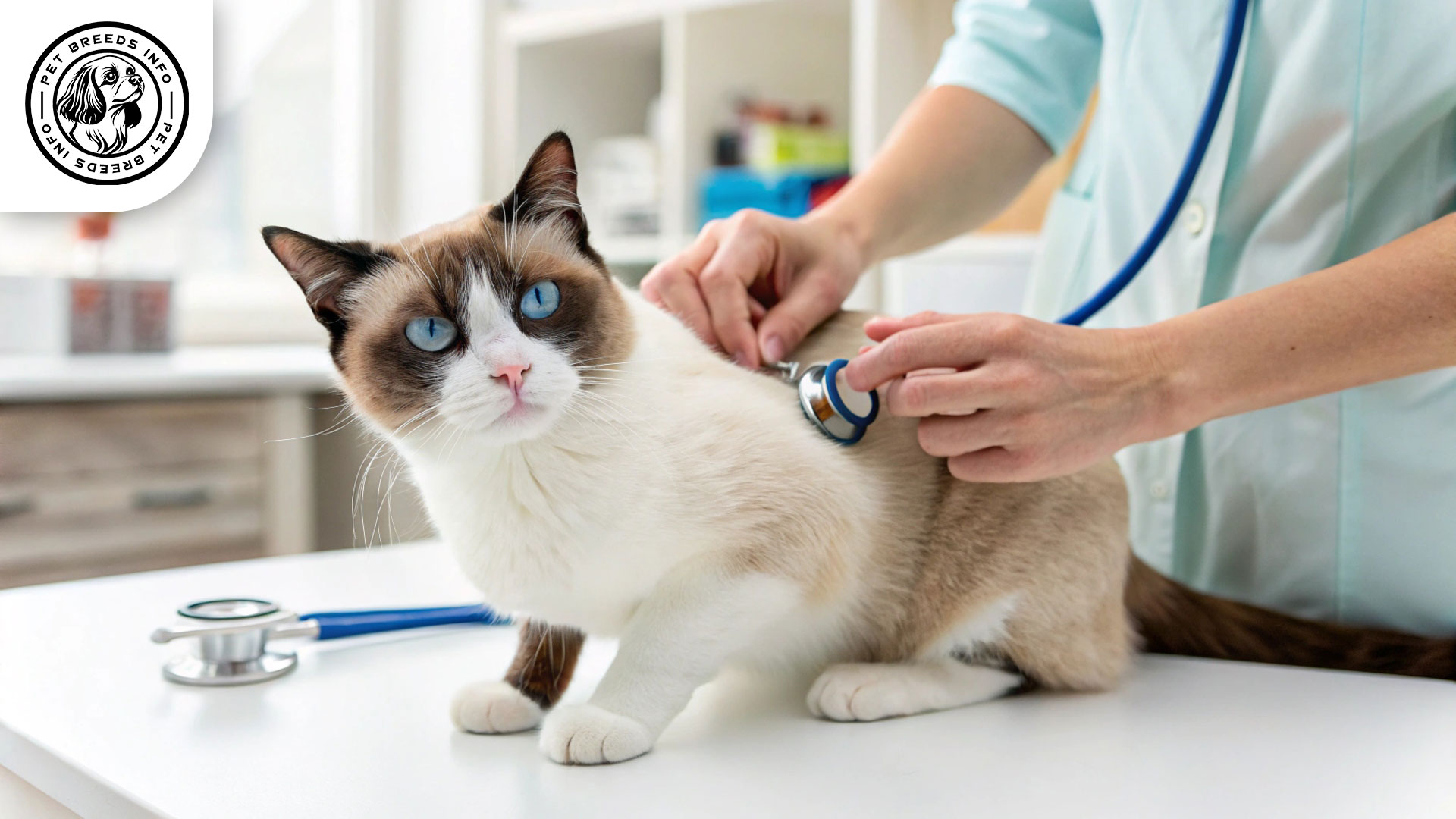
Training and Behavior Management
The Snowshoe cat is a breeze to train, thanks to its sharp intelligence and eagerness to please. These clever kitties can pick up basic commands and even fun tricks with ease. Stick to positive reinforcement think treats and praise to keep them motivated and happy. Early socialization is a game-changer, helping them get comfy with new environments, people, and pets. Keep consistent routines and use gentle discipline to encourage good behavior, steering clear of negative methods. With a little patience, your Snowshoe will be a well-mannered, delightful companion who loves showing off their smarts.
Read More: Selkirk Rex Cat
Interaction with Other Animals and Humans
Snowshoes are great companions for families with children due to their playful and affectionate nature.
They usually get along well with other pets, including dogs and fellow cats, provided proper introductions are made.
Although suitable for families, they also thrive with single owners who provide ample attention.
They are highly attached to their owners and may become lonely if left alone for extended periods.
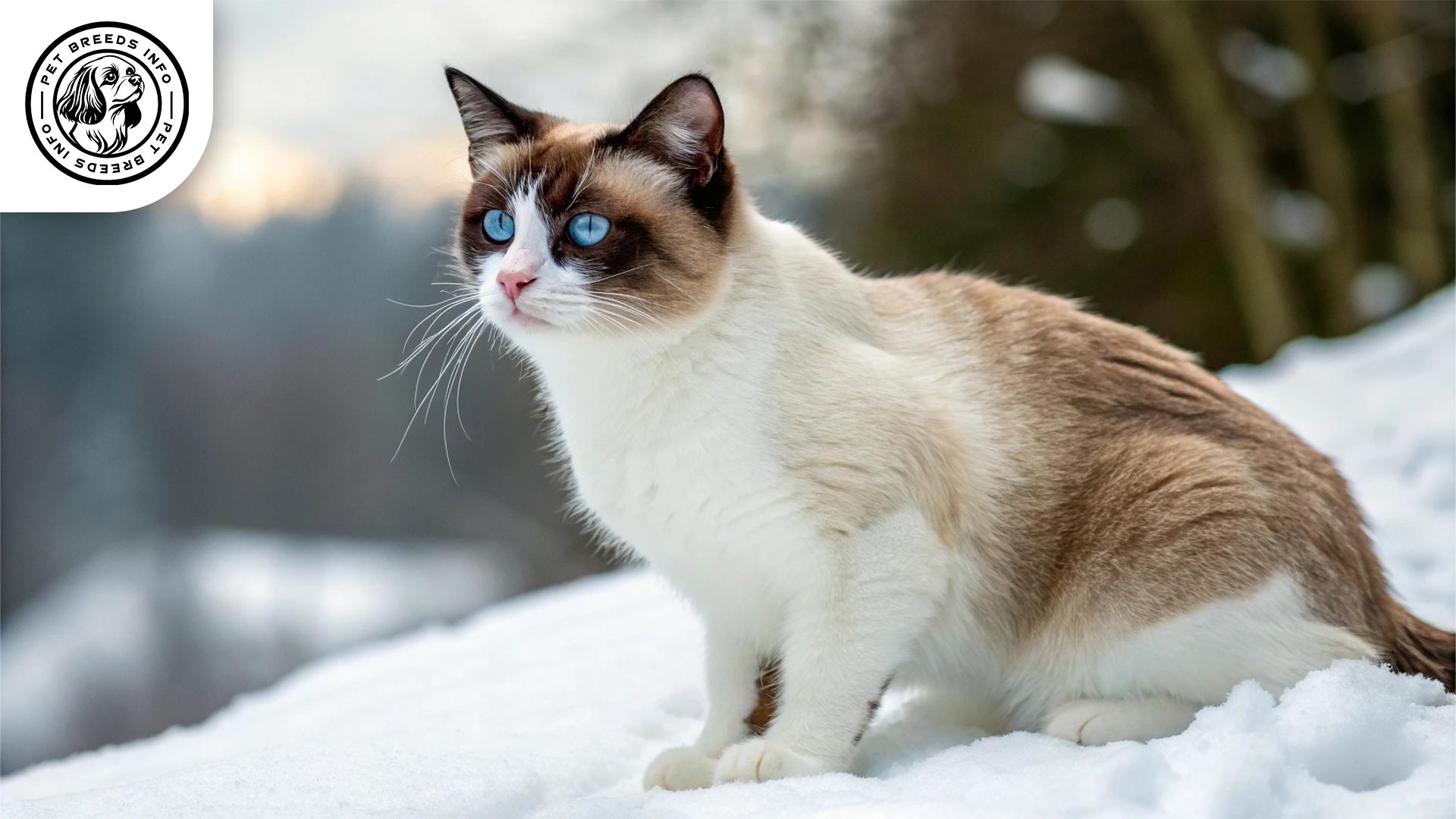
Price and Availability
The cost of a Snowshoe kitten from a reputable breeder typically ranges from $600 to $1,200, depending on pedigree and breeder reputation.
Prospective owners should research breeders carefully, ensuring ethical breeding practices and good health standards.
Adopting from shelters or rescue organizations is another great option, as Snowshoes occasionally become available for adoption.
Read More: Khao Manee Cat
Final Thoughts
The Snowshoe cat is a loving, intelligent, and playful breed, perfect for families or solo cat lovers seeking a loyal pal. They thrive in homes with lots of playtime, companionship, and mental stimulation to keep their curious minds happy. Before adopting, make sure you can offer the attention and care this social breed craves. With their charming mix of affection and energy, the Snowshoe is an ideal feline companion for anyone ready to welcome a devoted, fun-loving cat into their home, bringing joy and cuddles every day.
FAQ
What are the distinctive physical characteristics of a Snowshoe cat?
Snowshoe cats are known for their white “boots” on their paws, an inverted white “V” on their face, blue almond-shaped eyes, and a short, smooth coat. They come in various point colors.
What is the temperament and personality of a Snowshoe cat?
Snowshoes are intelligent, playful, and affectionate. They form strong bonds with their owners and are generally social and friendly, getting along well with children and other pets. They are also known to be vocal.
What are the care and maintenance requirements for a Snowshoe cat?
Snowshoes require regular playtime and mental stimulation. Their short coats need minimal grooming, with weekly brushing being sufficient. Routine nail trimming, ear cleaning, and dental care are also important. They thrive in moderate temperatures.
Are Snowshoe cats prone to any specific health issues?
While generally healthy, Snowshoes may be prone to genetic conditions such as dental issues, heart disease, and respiratory problems. They are also sensitive to obesity. Regular veterinary checkups are essential.
How much does a Snowshoe kitten typically cost, and where can I find one?
A Snowshoe kitten from a reputable breeder typically ranges from $600 to $1,200, depending on pedigree and breeder reputation. Adoption from shelters or rescue organizations is also a viable option.
